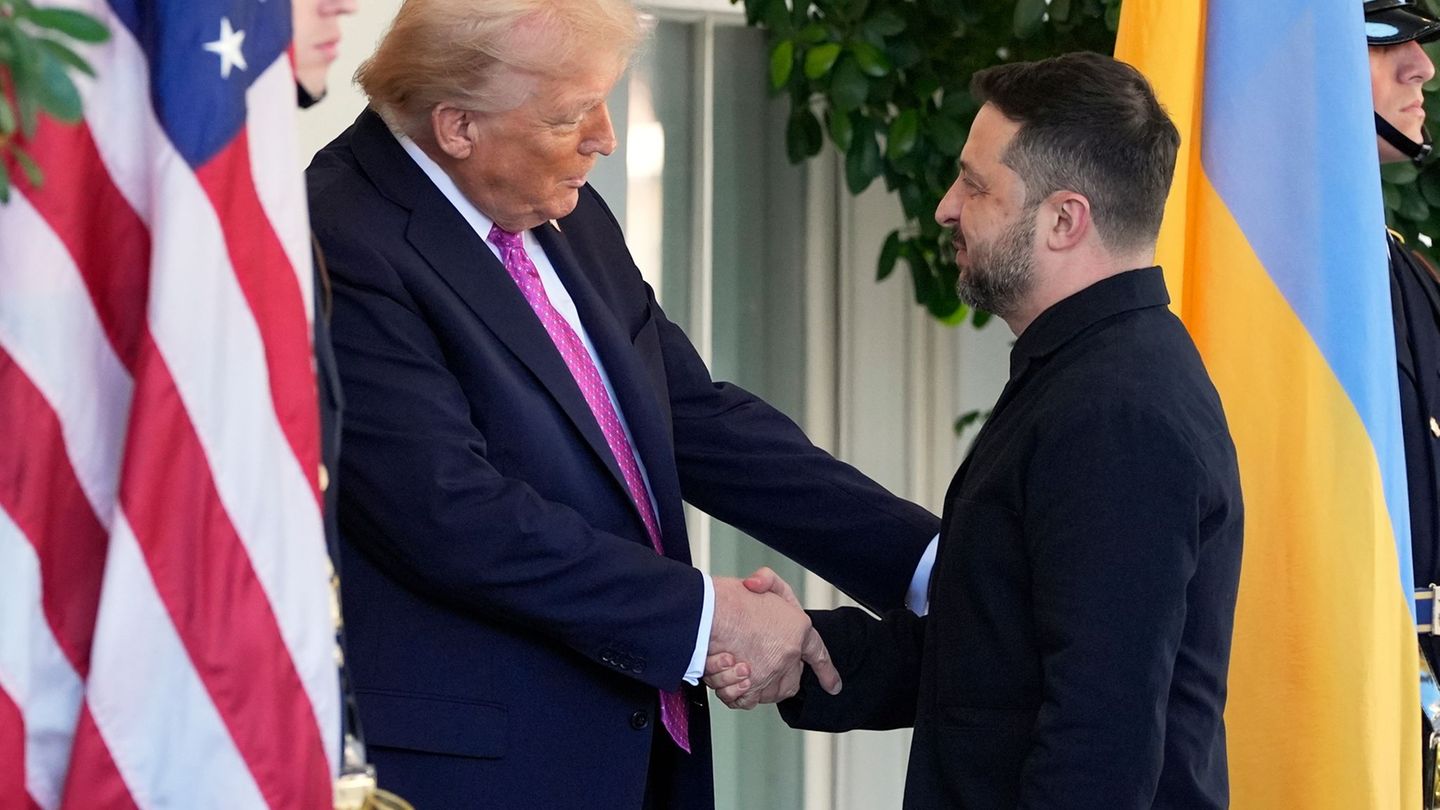The Federal President has signed the law on the controversial reform of the electoral law. But one thing is already certain: this will not be the end of the conflict. Does Karlsruhe intervene?
After the law on the controversial electoral law reform was signed by Federal President Frank-Walter Steinmeier, opponents are preparing their complaints with the Federal Constitutional Court. “We will use every lever to stop this manipulation of the electoral law,” said Alexander Dobrindt, chairman of the CSU deputy in the Bundestag.
A lawsuit will be filed in Karlsruhe immediately. Dobrindt criticized Steinmeier: “I regret that the Federal President did not use his opportunities to work towards fair and constitutional electoral law.”
Office of the Federal President: Law is constitutional
However, the Office of the Federal President made it clear yesterday that Steinmeier very well considers the law to be constitutional and has no constitutional concerns. It pointed out that according to the Basic Law and the case law of the Federal Constitutional Court, the legislature was free to structure the right to vote. Political considerations are not the subject of examination in the drafting of laws. However, it was regretted that it had not been possible to find a broad political consensus for the reform.
The deputy chairman of the SPD parliamentary group in the Bundestag, Dirk Wiese, blamed the Union and in particular the CSU for this. Steinmeier’s signature “ends the blockade of the Union with numerous cross-shots by the CSU, which for years only had its own advantage in mind,” explained the Social Democrat. “It was not possible to achieve a fair solution for everyone. This is now finally over.”
Bundestag largest freely elected parliament in the world
The reform to downsize the Bundestag, which has swollen to 736 MPs, can come into force after the law is signed. It only has to be published in the Federal Law Gazette. However, the CDU/CSU parliamentary group, the CSU-led Bavarian state government and the left have already announced that they will take action against the reform before the Federal Constitutional Court.
With currently 736 members, the Bundestag is the largest freely elected parliament in the world. The new electoral law now caps the number of seats at 630. Voting continues with the first and second vote. However, there are no longer any surplus or compensation mandates. So far, overhang mandates have arisen when a party has won more seats in the Bundestag via direct mandates than it was entitled to based on the result of the second vote. She was allowed to keep this. The other parties received compensatory mandates in return. This system led to an ever-increasing inflation of the Bundestag.
Left benefited in 2021
In future, only the number of second votes will be decisive for a party’s number of seats. This can result in successful constituency candidates not getting their direct mandate. The basic mandate clause also falls away. According to her, parties have also entered the Bundestag with the strength of their second vote result if they were below the five percent hurdle but won at least three direct mandates.
The left benefited from this in the 2021 federal election, which only got 4.9 percent nationwide, but won three direct mandates. The CSU could also be affected by this in upcoming elections. In 2021, she only got 5.2 percent of the second votes nationwide, but won the direct mandate in 45 of 46 Bavarian constituencies. Under the new law, the CSU would no longer get these seats if it fell below the five percent mark.
CSU General Secretary Martin Huber called the signing of the law by the Federal President a “mistake”. Bayern will sue against it. “We will not allow the traffic light government to structurally weaken Bavaria,” he told the “Tagesspiegel”. SPD electoral law expert Sebastian Hartmann accused the CDU of a lack of willingness to cooperate in the “Rheinische Post”: “The CDU and CSU in particular should ask themselves why they blocked a broad parliamentary majority on such an important issue.”
Source: Stern
I have been working in the news industry for over 6 years, first as a reporter and now as an editor. I have covered politics extensively, and my work has appeared in major newspapers and online news outlets around the world. In addition to my writing, I also contribute regularly to 24 Hours World.




